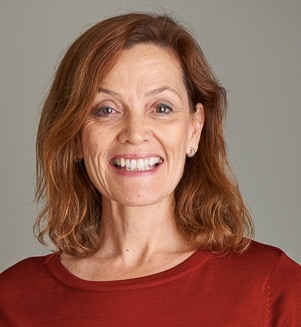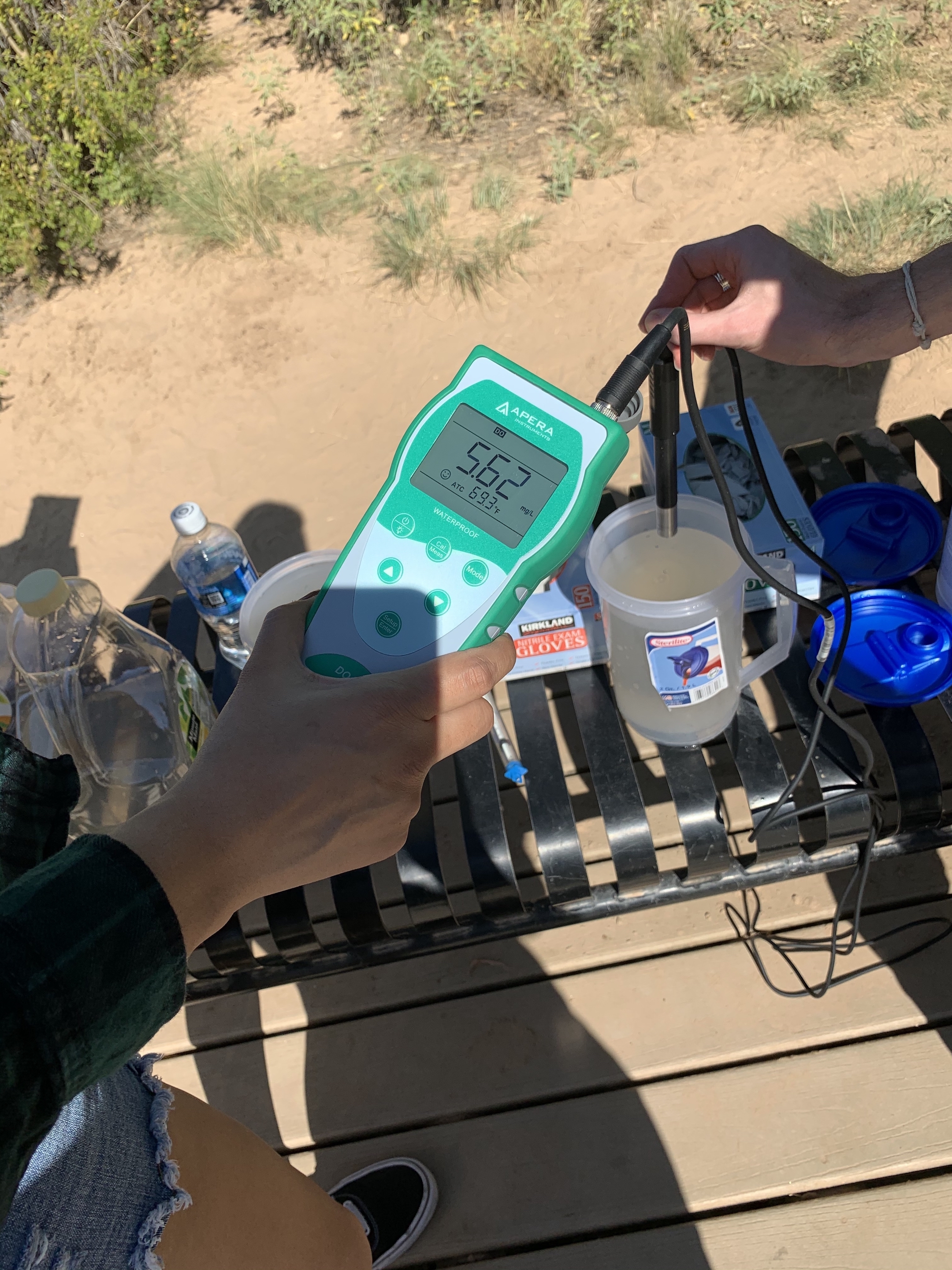Science and Citizenship: Raising Awareness and Solving Problems Through Elementary Science Education

Deena Gould is an Assistant Professor in the College of Education and Human Sciences’ (COEHS) Department of Teacher Education, Educational Leadership & Policy
“I loved teaching elementary school science,” said Dr. Deena Gould, “because I could integrate it with other subjects, like math, history and language. Students made their own discoveries through immersive problem solving activities, and it was a wonderful learning context for English Language Learners and emerging bilingual students.”
Gould also taught science at the secondary school level, and earned her PhD in Learning Literacies and Technologies with a specialization in STEM from Arizona State University. An active member of the National Science Teacher Association, she served on a committee reviewing multicultural and equity issues in science education.
Gould is an Assistant Professor in the College of Education and Human Sciences’ (COEHS) Department of Teacher Education, Educational Leadership & Policy. “The teacher candidates I work with seek creative approaches to value and support students’ natural curiosity,” Gould notes, “teaching children in ways that deepen their scientific understanding about how the world works.”

Students use a dissolved oxygen meter to measure the amount of oxygen available to aquatic organisms in the Rio Grande River.
The pedagogies, strategies and methods these aspiring teachers will utilize are in alignment with NM STEM Ready! standards, adapted from national Next Generation Science Standards. They also recognize that children bring their own diverse life experiences and values into their classrooms.
Problem Based Learning and Citizen Science are cornerstones of Gould’s instructional methodologies. “Science is not just a thing you learn at school,” Gould stated. “It’s a tool you can use as a citizen in various ways. For example, the Rio Grande is an important ecosystem in our community, our culture, and our economy. As science teachers we can serve in leadership roles, using science as a tool to encourage students to be involved in and care for their communities.”

Students use a turbidity tube to measure the clarity (amount of suspended particles) of the water at the Rio Grande River.
Gould’s students are focusing on water quality in the river. A generous award from a donor enabled the acquisition of equipment for measuring water clarity, acidity and oxygen levels. Due to COVID-19 challenges, not all students were able to perform experiments at the river; donor funding also provided special kits designed for K - 8 students, enabling some of them to seek out water sources close to home. Sharing data online facilitated learning and collaboration.
COEHS Dean Dr. Hansel Burley has long been a vocal advocate for STEM education at all levels of instruction. “Dr. Gould’s focus on citizen science prepares teachers to be effective and impactful educators,” he said. “In her classes, our preservice teachers learn how to connect students to their state, city, and neighborhoods. This also links the study of science from what’s happening in their backyards and local parks to what’s happening globally. The world is their textbook.”

